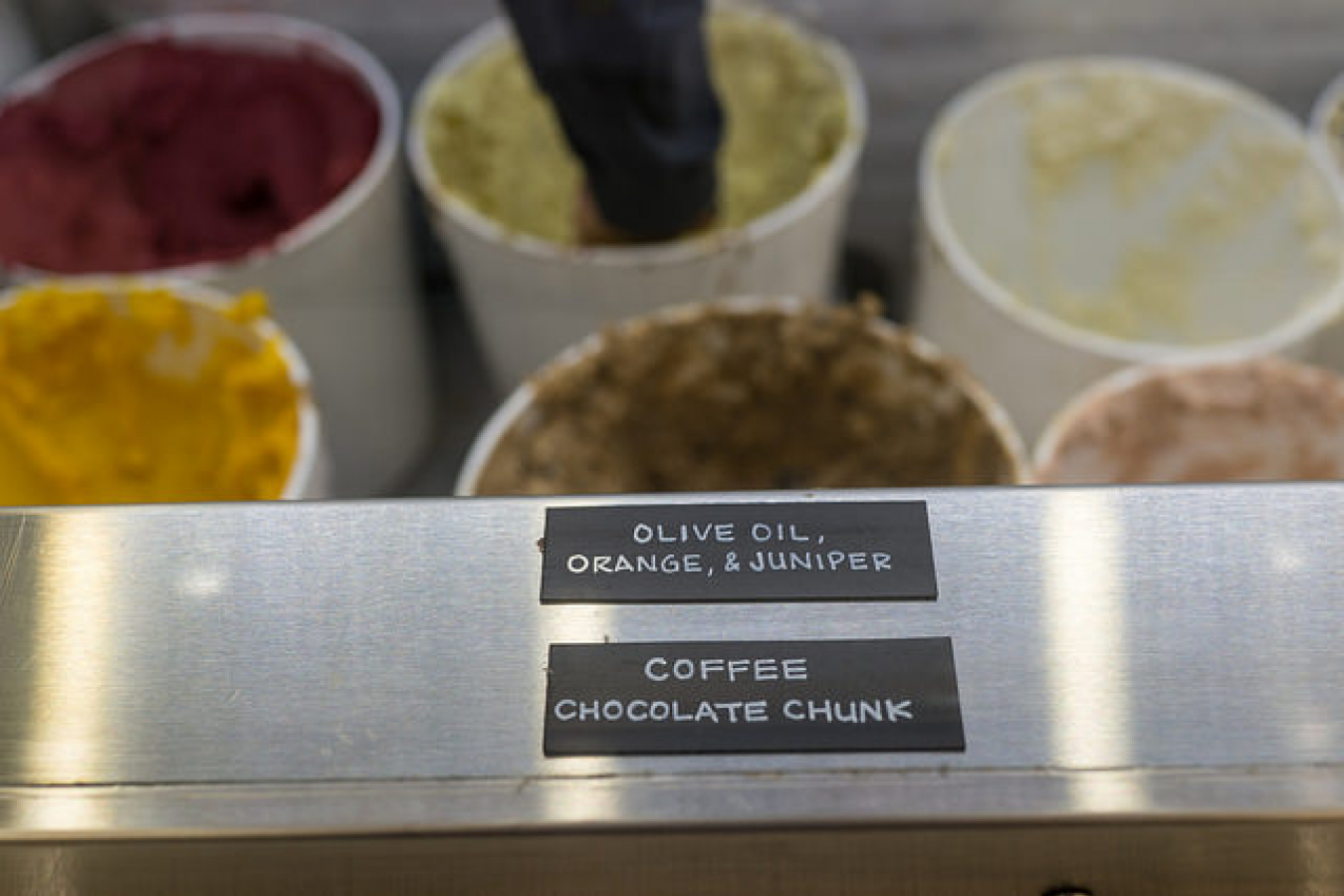 • Media Center »Video ImmigrationNews
• Media Center »Video ImmigrationNewsA study conducted by researchers from Duke University, Harvard University, and New York University, says that more than a million skilled foreigners are competing for 120,000 permanent U.S. resident visas each year. The situation creates an imbalance that could likely fuel a reverse brain-drain with skilled workers returning to their home countries.
The report, 'Intellectual Property, the Immigration Backlog, and a Reverse Brain-Drain', released by the Ewing Marion Kauffman Foundation (EMKF), is the third in a series of studies focusing on immigrants' contributions to the global competitiveness of the United States economy.
"The United States benefits from having foreign-born innovators create their ideas in this country," said Vivek Wadhwa, Wertheim fellow with the Harvard Law School and executive in residence at Duke University.
"Their departures would be detrimental to U.S. economic well-being. And, when foreigners come to the United States, collaborate with Americans in developing and patenting new ideas, and employ those ideas in business in ways they could not readily do in their home countries...the world benefits."
According to the foundation, the key finding from the research is that the number of skilled workers waiting for visas is significantly larger than the number that can be admitted to the U.S. -- an imbalance that creates the potential for a sizeable reverse brain-drain.
The total number of foreigners in the employment-based immigration categories and their family members waiting for legal permanent residence in the United States in 2006 was estimated at 1,055,084. Additionally, the report cited an estimated 126,421 residents abroad also waiting for employment-based U.S. legal permanent residence, adding up to a worldwide total of 1,181,505.
Earlier reports found that one in four engineering and technology companies founded between 1995 and 2005 were started by foreigners that immigrated to the United States. Researchers found that these companies employed 450,000 workers and generated $52 billion in revenue during 2006, with Indians founding more companies than the next four groups (the United Kingdom, China, Taiwan, and Japan) combined.
The founders tended to be highly educated in science, technology, math and engineering-related disciplines, with 96 percent holding at least a bachelor's degree and 75 percent holding master's or PhD degrees.
The study also found that foreign nationals living in the United States were named as inventors or co-inventors in 25.6 percent of international patent applications filed from the United States in 2006. This represents an increase of 7.6 percent from applications filed in 1998. 41 percent of the patents filed by the U.S. government had foreign nationals as inventors or co-inventors.
"Given that the U.S. comparative advantage in the global economy is in creating knowledge and applying it to business, it behoves the country to consider how we might adjust policies to reduce the immigration backlog, encourage innovative foreign minds to remain in the country, and entice new innovators to come," said Robert Litan, vice president of Research and Policy at the Kauffman Foundation.




